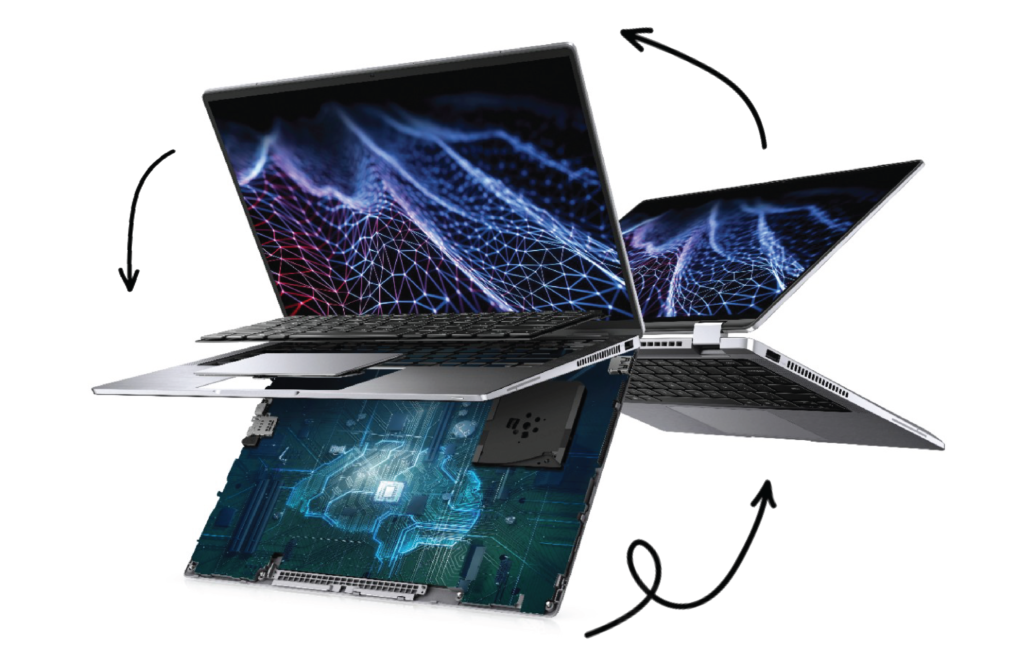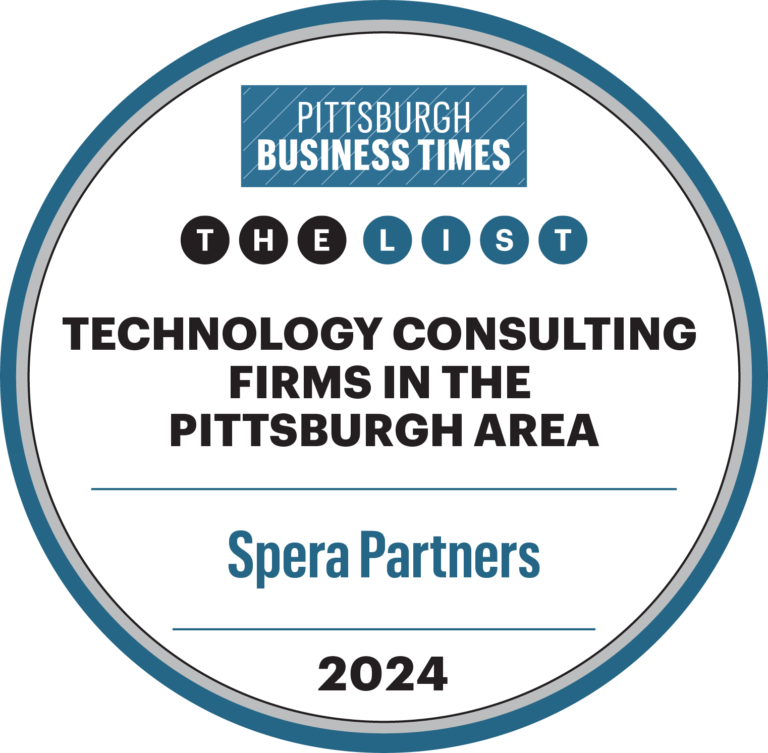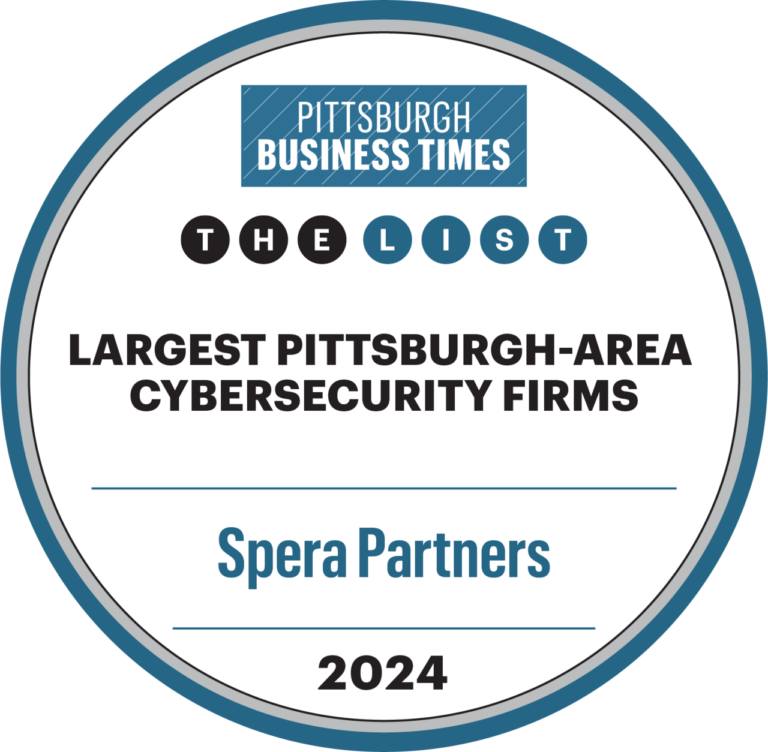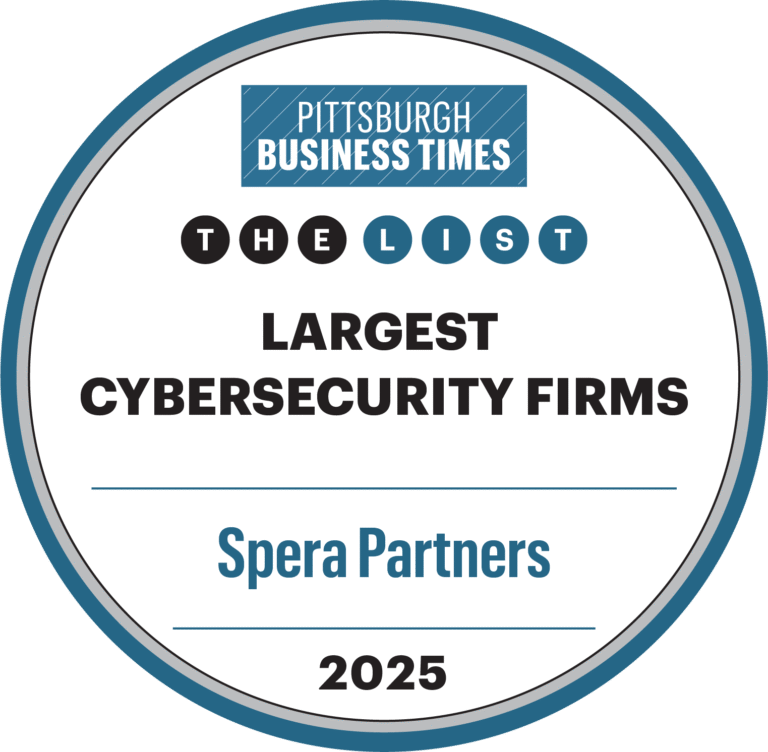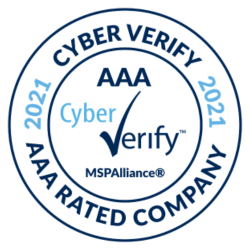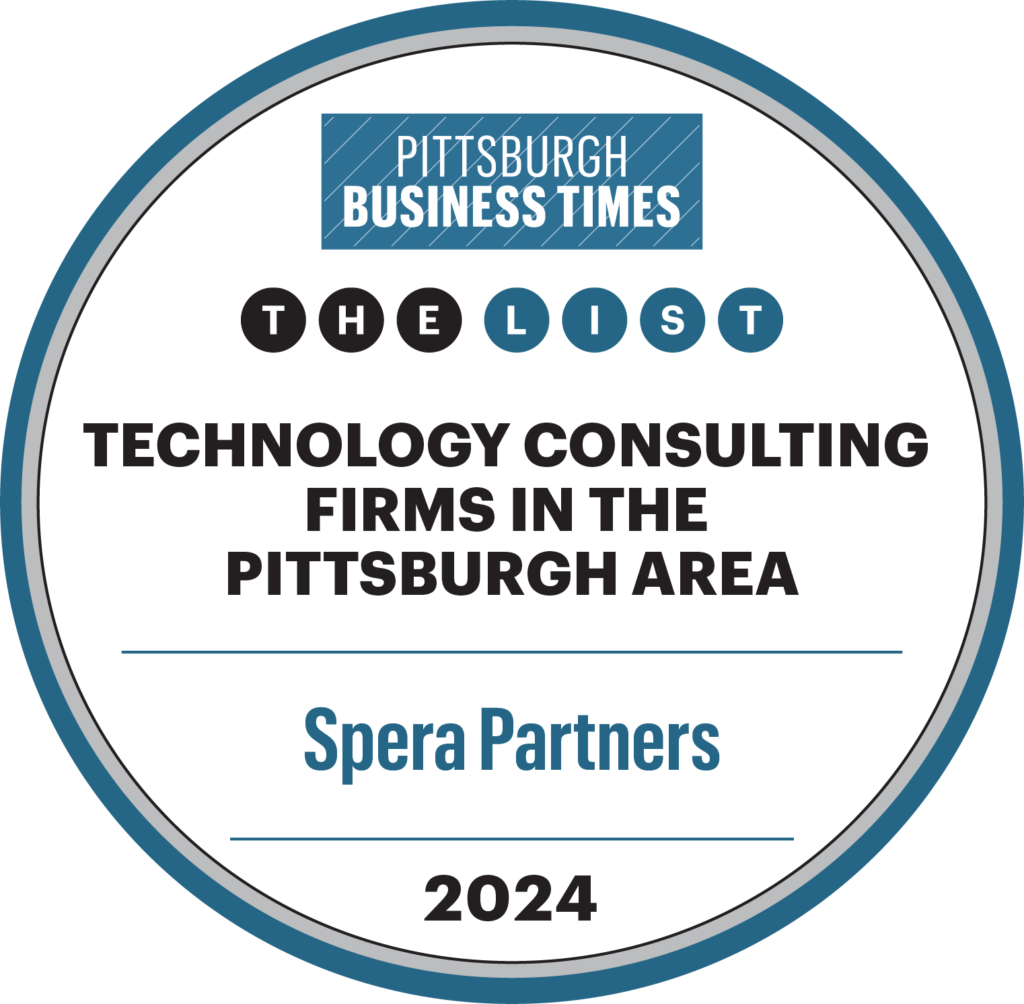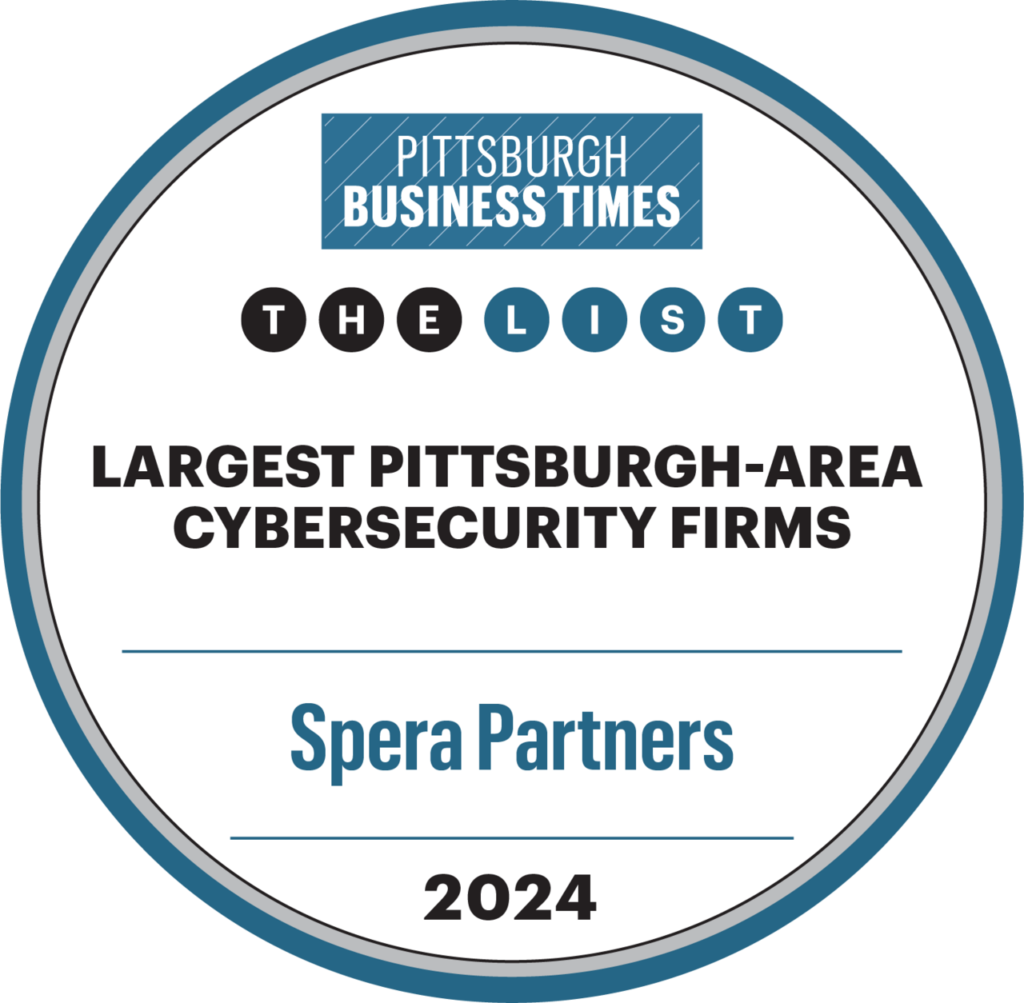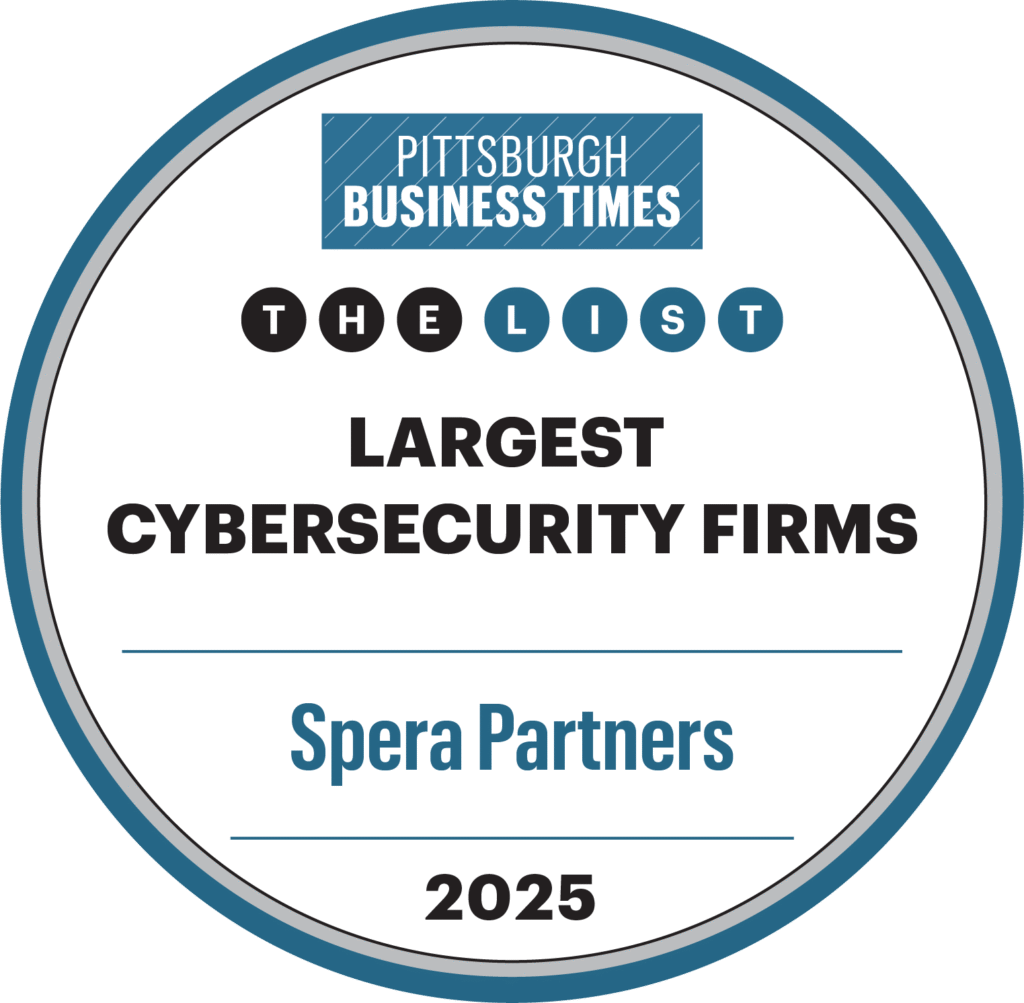Chances are, if you are in construction, engineering, or manufacturing, you are already familiar with lifecycle management because construction tools, product design, and manufacturing equipment have a form of this. If not, then a brief definition is in order – and in this case, for technology.
Hardware (for IT) lifecycle management is the administration of a system from purchase through retirement. It enables you to:
- Reliably deploy systems in a scalable manner
- Track systems through their useful lifecycle
- Create a consistent and reliable IT infrastructure that enables you to focus on your business’s core mission; and
- Properly retire systems at the end of the effective lifecycle
Let’s first discuss the PHASES of the lifecycle and then the REASONS WHY this process is important in maintaining your IT infrastructure.
Define the Requirements
The first phase is to define the requirements for the equipment you need. This can be simple if you are just replacing a few computers or very complex if you are deploying equipment into a new building. This process ensures that it meets the needs of the organization and fits within the budget.
Procurement & Deployment
Once the equipment has been identified, the process for procuring the equipment and deployment make up the second phase. The key here is to achieve as much efficiency as possible through standardized configurations, automated deployment techniques, and bulk purchasing.
Use of Equipment
The third phase, and hopefully the longest, is when the equipment is in use.
3 Components of Overseeing Equipment Use:
- Tracking the useful lifecycle of the equipment
- Scheduling any equipment updates throughout the lifecycle
- Monitoring the performance of the equipment to determine the best timing for replacement
3 Keys to Avoid Disruption:
- Maintaining a proper inventory
- Automating system updates as much as possible
- Collecting feedback on equipment effectiveness
Replacing the Equipment
The last phase is replacing the equipment. Although this sounds simple, with the ever-increasing regulation around disposal, it is important to make sure that you properly dispose of the equipment. In some cases, this can mean recycling the machine for a lower-end purpose (e.g. postage PC, or kiosk) but typically we recommend replacement after it’s useful lifecycle. It is important to remove the equipment from the environment to prevent accidental reuse. We also recommend, if you have sensitive data, to pull the hard drives from the systems and have them properly destroyed.
Why is all this so important?
HERE ARE MY TOP 4 REASONS:
1. Reliability
The number one reason for hardware lifecycle management is so that downtime for an organization is on your schedule and not the equipment’s. Old and failing hardware creates support issues, reduces productivity of your employees, and creates extra work for your IT department or managed IT service provider. The proper equipment allows your company to focus on its core mission.
2. Agility
In today’s fast paced, ever-changing technology landscape, if you are not keeping up, you are falling behind. One example is credit card machines. Less than 5 years ago, you could only use a magnetic strip to accept payment. Now, we have security chips and RFID for touchless payment.
Two years after the start of the pandemic, the shift from office to remote work has exploded. New equipment and new technologies are needed to enable the workforce to be productive in a variety of environments. By budgeting for technology on a regular schedule, you can be constantly updating a portion of your business to the newest equipment with the newest features.
3. Security
Unfortunately, as fast as technology is changing, so are the security risks involved with that new technology. To combat this, equipment vendors are forced to not only update firmware on existing equipment but discontinue support for older equipment that cannot keep up with the newest threats emerging on the Internet – almost daily.
Windows 11 will only run on machines that have the TPM 2.0 chip which just appeared on computers 5 years ago. This is merely one example of the need to keep your equipment current in order to keep it secure. Just one security incident can take down a business for days or in some cases even permanently. Although equipment is just one part of the security equation, it is an important one.
4. Performance
In 1965, Gordon Moore (co-founder and chairman emeritus of Intel Corporation) stated that the number of transistors on an integrated circuit would double about every two years. This has roughly held true for over 50 years. He was speaking primarily about what would become the modern CPU and how rapidly its performance would increase. Passmark which tracks CPU performance historically shows that an Intel Core i5 12th generation CPU is 4 times faster than a 3rd generation CPU. It is just one example of how much better a PC will perform than its predecessor from 3-5 years year prior.
Similar gains can also be seen in memory – both in speed and size requirements. 4 GB memory standard only 5 years ago is being replaced by 16GB standard today. Hard drives that were spinning platters 5 years ago are now solid state drives (SSDs) which are 5 times faster.
Not only is performance getting better but also more reliable. SSD drives and modern power supplies last much longer and are more reliable than their predecessors.
CONCLUSION
Hardware Lifecycle Management has been integrated into IT departments of large companies for many years. It is no less important for small and medium businesses. Make sure that you are getting the most out of your equipment – and also your people. The importance is evident and the risks of not doing it are too high. If you already have a process in place for the delivery of your goods and service, consider implementing hardware lifecycle management for your IT infrastructure. Need help with that? I happen to know a good managed IT service provider …. Give us a call!
Brian Hess, President
Spera Partners
Learn more about our Hardware Services at https://sperapartners.com/hardware-sales/

